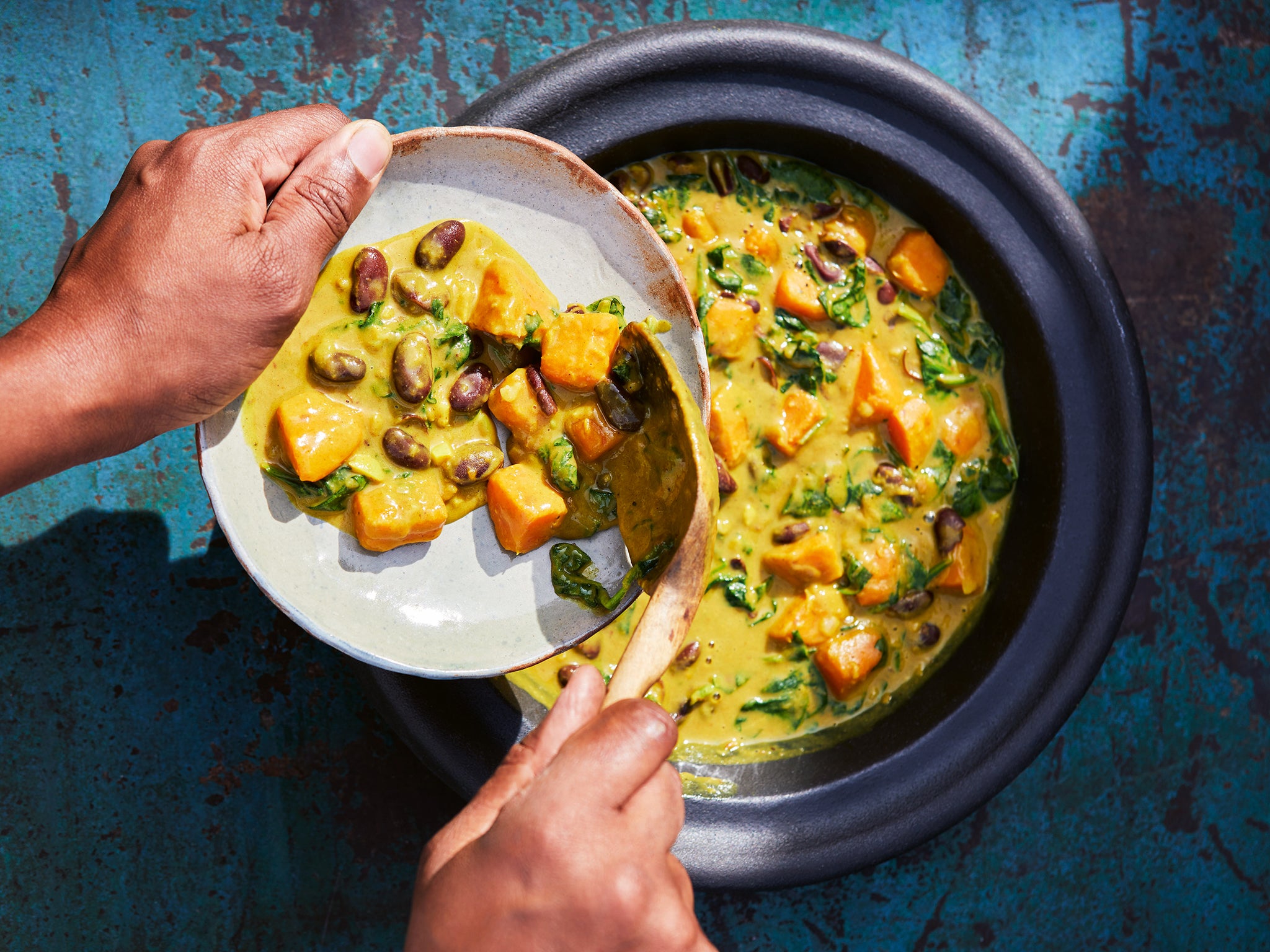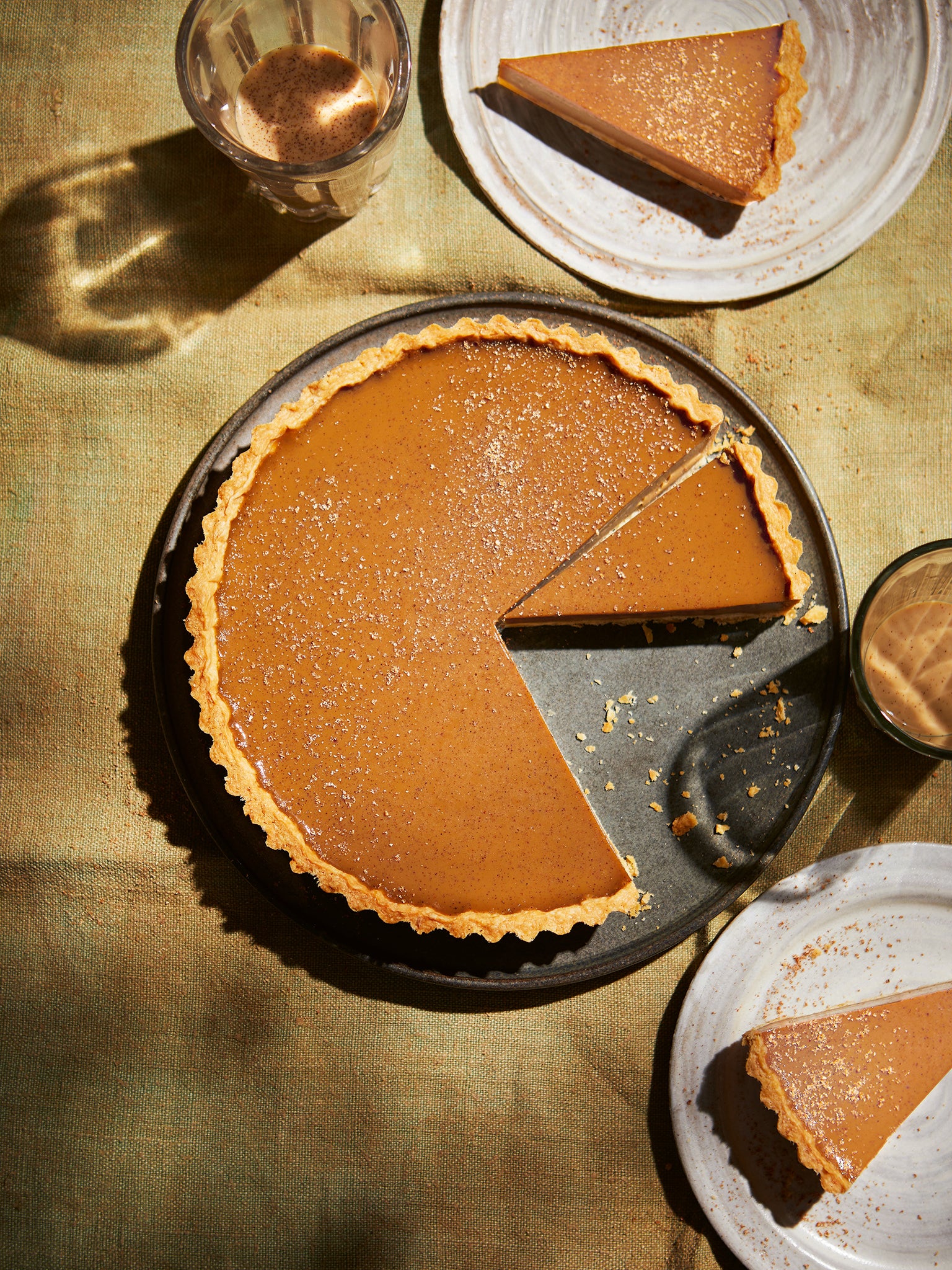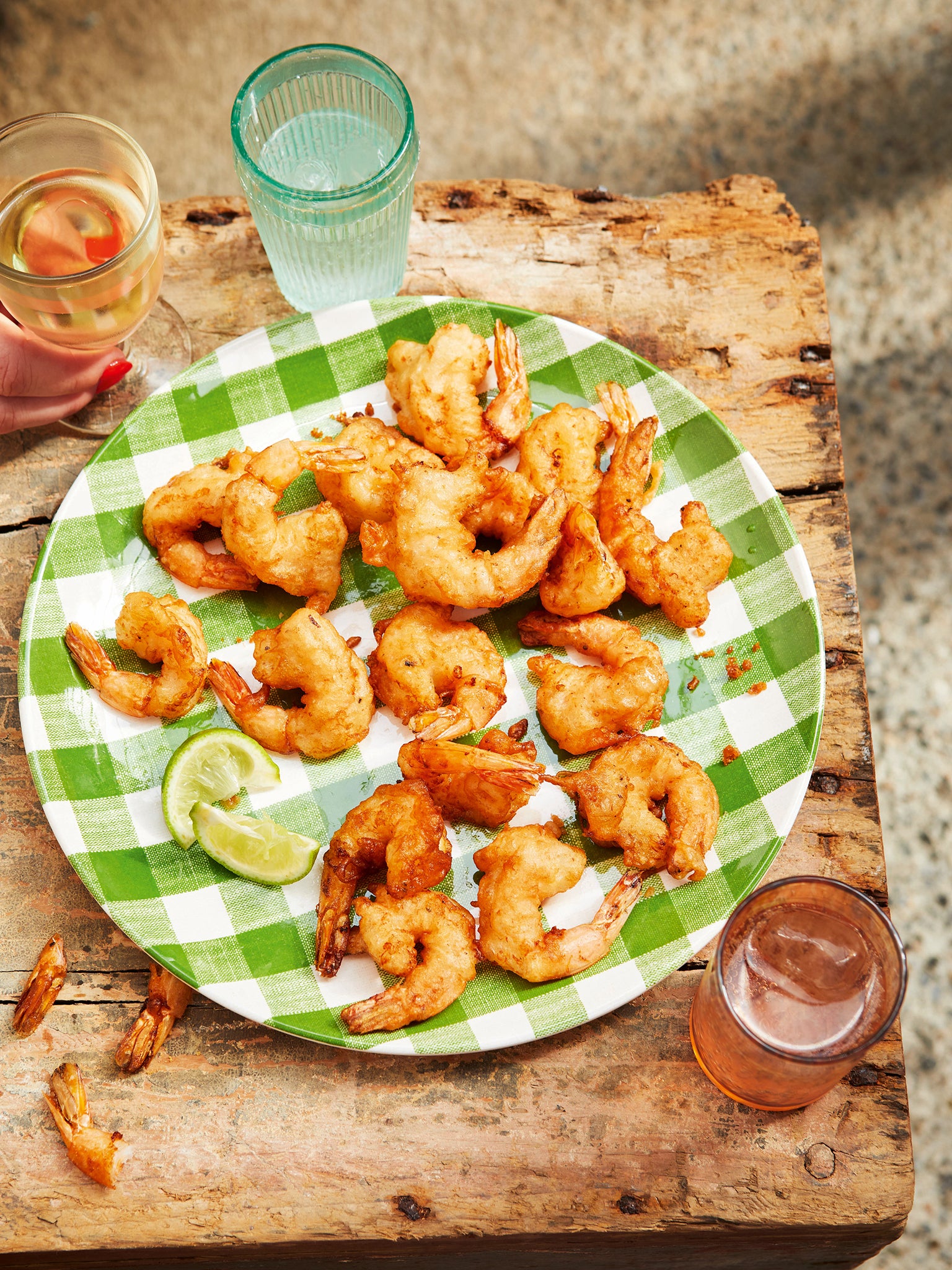Three authentic Jamaican recipes for a Caribbean feast
These classic dishes are from Melissa Thompson’s new book Motherland, which charts the history of Jamaica and its food

Your support helps us to tell the story
From reproductive rights to climate change to Big Tech, The Independent is on the ground when the story is developing. Whether it's investigating the financials of Elon Musk's pro-Trump PAC or producing our latest documentary, 'The A Word', which shines a light on the American women fighting for reproductive rights, we know how important it is to parse out the facts from the messaging.
At such a critical moment in US history, we need reporters on the ground. Your donation allows us to keep sending journalists to speak to both sides of the story.
The Independent is trusted by Americans across the entire political spectrum. And unlike many other quality news outlets, we choose not to lock Americans out of our reporting and analysis with paywalls. We believe quality journalism should be available to everyone, paid for by those who can afford it.
Your support makes all the difference.“This dish is unashamedly West African, where peanut stews are common,” says food writer Melissa Thompson.
“Yet I’ve included it here because the movement of peanuts around the world tells of the trading routes that saw food, goods and people cross the Atlantic through the Columbian Exchange and beyond. The Spanish are said to have taken them back to Spain following their exploration of the so-called New World, where they were planted. From there they were taken to Africa, probably through trade, before being returned to the Americas during the transatlantic slave trade.
“Today, peanuts grow throughout Jamaica, especially in St Elizabeth. So while this isn’t a Jamaican dish, it’s one that draws on the West African influence that has inspired island food.”
Peanut and sweet potato stew
Serves: 4-6
Ingredients:
1 onion, chopped
Vegetable oil
2 garlic cloves, crushed
2.5cm piece of ginger, finely grated
2 tsp ground turmeric
1 tbsp ground cumin
1 tbsp ground coriander
1 tsp ground fenugreek seeds
2 sweet potatoes, peeled and chopped into 2.5cm cubes
400ml vegetable stock
400g can of red kidney beans, drained
2 tbsp peanut butter
2 mature bunches of spinach, washed and roughly chopped, coarse stalks removed
Sea salt
Boiled rice, to serve
Method:
1. In a Dutch pot or large saucepan, fry the onion in a little oil. After eight minutes, add the garlic and ginger and cook for another couple of minutes before adding the spices, mixed with a little water to prevent them burning. Stir and cook until the spices become aromatic.
2. Add the sweet potatoes and stir to coat, then pour in the stock and add the beans and peanut butter. Put a lid on the pot and cook for 10-15 minutes until the sweet potatoes are soft.
3. Remove the lid, mix in the spinach and leave for five minutes until cooked through. Taste, then add salt until seasoned as you prefer.
4. Serve with boiled rice.
Guinness punch pie

“If you like custard tarts, you will love this,” proclaims Thompson.
“I first had the idea for it a few years ago, while drinking some Guinness punch and wondering if it would translate into dessert form. The answer was a resounding yes. The flavours work really well in a tart and you can adjust the intensity of the Guinness flavour by using slightly less or more. And if you don’t drink alcohol you can use 0% Guinness: it works, I’ve tried.”
Serves: 8
Ingredients:
For the custard:
400ml Guinness
7 egg yolks (freeze the whites for another time)
405g can of condensed milk
250ml double cream
½ tsp grated nutmeg, plus more to serve
½ tsp ground cinnamon
1 tsp vanilla extract
For the pastry:
125g unsalted butter, plus more for the tin
250g plain flour, plus more to dust
45g golden caster sugar
1 egg yolk
30ml water
Method:
1. In a saucepan, simmer the Guinness until it reduces by about two-thirds. Leave to cool.
2. Meanwhile make the pastry. Using your hands, rub the butter and flour together until the mix resembles breadcrumbs. Mix in the sugar and egg yolk and then add the measured water a little bit at a time, until the dough comes together. Don’t knead any more, just wrap in cling film or greaseproof paper and refrigerate for 30 minutes.
3. Preheat the oven to 160C/fan 140C/gas mark 3. Butter a 20-centimetre tart tin and remove the pastry from the fridge. Dust your worktop with flour and roll out the pastry into a circle roughly 28-centimetres in diameter. Coil the pastry around the rolling pin and uncoil over the tart tin. Carefully push the pastry into the corners of the tin and leave the edges rising above the edge. Prick the base of the tin with a fork all over, then line with greaseproof paper and baking beans or rice. Bake in the oven for 15 minutes. Take out the greaseproof paper and baking beans and bake for a further five minutes. Remove from the oven and leave to cool.
4. In a bowl, gently beat the egg yolks with the condensed milk, trying not to get too much air or too many bubbles into the mix. Stir in the double cream and reduced Guinness, then stir in the remaining ingredients.
5. Pour the custard into the pastry case and bake for 40-45 minutes; it should still have a wobble in the middle. Remove and leave to cool.
6. Grate extra nutmeg over the top and chill before slicing.
Ginger beer prawns

“My idea for this dish came from Japanese tempura: the sweet prawns encased in a light, crispy batter is a dream combination,” says Thompson.
“While tempura calls for soda water, ginger beer is a great alternative. It brings both delicate flavour and sweetness, while the bubbles make the batter as light as air.”
Serves: 4 as a starter
Ingredients:
16-24 shell-on raw king prawns
1 garlic clove, crushed
2.5cm piece of ginger, finely grated
Vegetable oil, for deep-frying
50g cornflour
50g plain flour
120ml ice-cold ginger beer (not diet)
Sea salt and freshly ground black pepper
Lime wedges, to serve
Method:
1. Remove the heads and shells of the prawns, leaving on the tail sections. (You can also use shelled prawns, as long as they are raw.) Mix in a bowl with the garlic, ginger and some pepper and leave for 30 minutes.
2. Pour oil into a medium-sized saucepan, following all the usual precautions for deep-frying and heating to 180C.
3. Mix the flours in a bowl and pour in the ginger beer. Stir loosely, as vigorous mixing will get rid of the bubbles you want to keep; don’t worry if there are some lumps.
4. Just before cooking, season the prawns with a good pinch of salt. Holding a prawn by the tail, dip into the batter, then drop into the hot oil. Cook until the batter puffs up, about two minutes. Repeat to cook all the prawns, frying them in small batches so as not to overcrowd the pan.
5. Drain on a wire rack placed over kitchen paper, not directly on kitchen paper or the batter will go soggy, and serve with a squeeze of lime.
‘Motherland’ by Melissa Thompson (published by Bloomsbury Publishing, £26; photography by Patricia Niven), available now.

Join our commenting forum
Join thought-provoking conversations, follow other Independent readers and see their replies
Comments